
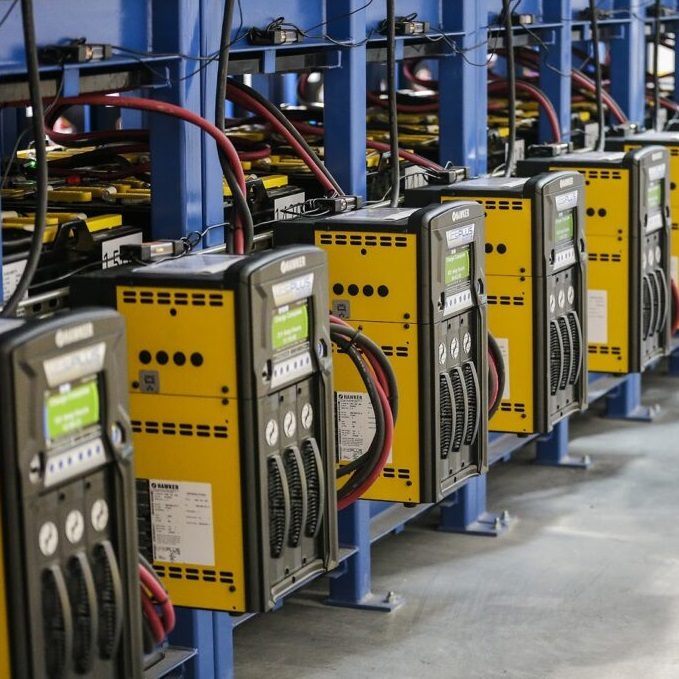
The Facts Are In – And They Favor Electric Forklifts
If you have lingering questions about the benefits of switching to electric forklifts, consider these 4 facts.
Should I go electric? We only have to look at the growing market share of electric forklifts to see a majority of companies now say, “Yes, you should.” As always, the needs of your business determine whether it makes sense to invest in electric, propane, or diesel forklifts, but rapid advancements in technology are consistently increasing the scope and applicability of electric-powered forklifts.
The fact is the pace at which electric forklifts are sidelining the internal combustion engine (ICE) trucks is picking up as battery technology evolves to give the former an even sharper edge. So, if you’re debating to make the switch, you’re not alone.
In terms of revenue, the electric segment reached 67.5% in 2019 with a compound annual growth rate exceeding 13% from 2020 to 2027. Electric forklifts now account for at least 60% of the North American forklift market, and several factors favor continued growth, according to Mordor Intelligence, an industry research firm:
With several other advantages, like zero-emission, low noise, better visibility, and the knack of virtually performing every task that an IC forklift can do, electric forklift trucks are expected to gain higher market share, and it is expected to be the fastest-growing forklift type over the forecast period.
In this post, we’ll go through the advantages that electric forklifts bring, including lower operating and maintenance costs, emission reduction, health and safety improvements, decreased noise and vibration, and better maneuverability in tight spaces. If limitations and drawbacks made early electric forklifts inefficient and impractical, advancing technologies have erased any doubt of their performance and capabilities.
But let’s first address the most common concern that we get from customers weighing the pros and cons of electric forklifts: What about the battery?
Why you can count on the electric forklift battery
If you’re used to swapping out propane tanks to keep your forklifts running, you may be hesitant to change that routine. The fear of an electric forklift running out of battery and bringing operations to a halt may still be lingering as you evaluate the next investment for your fleet.
Let the facts ease such concerns. The reality is that an electric forklift battery with a run-time of six to eight hours will last the shift with charge to spare. Unless you’re running a large-scale, 24/7-distribution center or use your electric forklifts every minute of those eight hours (nobody does), you can rely on them for the duration of the shift.
Forklift battery technology has come a long way. In contrast to the old direct current (DC) electric motors, the modern alternating current (AC) motors are highly energy-efficient and maintain their performance through the shift. Simply remember to turn off the trucks while not in use, charge them overnight and between shifts, and leverage opportunity charging, and they will be the workhorse that you intended.
4 facts that favor switching to electric forklifts
Now, what are some key advantages of electric forklifts? Consider the following:
Lower operating and maintenance costs
As you’re well aware, maintenance represents a good chunk of a warehouse’s annual spend. A reduction in this area can have a significant impact on your overall operating costs. Several studies show electric forklifts are more affordable to operate and maintain than IC forklifts.
With fewer moving parts comes fewer breakdowns and, by extension, fewer hours of downtime. Add in a reduced need to replace engine oil, coolants, and filters; lower insurance premiums compared to rates for forklifts powered with combustible liquid or gas liquids; and the elimination of expenses for consumables like diesel and propane, and the savings are notable.
One study in Ohio concluded the cost of operating a liquid propane gas (LPG) truck was four times higher than for an electric forklift based on fuel costs alone. So, although the upfront investment may be steeper for an electric forklift, the total cost of ownership is far less in the long run.
Reduced emission and environmental impact
Tightened emission standards have also fueled the move toward electric forklifts. The trend is especially clear in California with its strict environmental regulations. Electric forklifts, of course, produce no emissions, which can greatly help organizations reduce their carbon footprint and contribute to sustainability goals.
A 2,000-hour-per-year operation that switches from a propane gas forklift to an electric forklift can annually prevent around 20,000 pounds of carbon monoxide and carbon dioxide from being discharged into the atmosphere, the equivalent of what a car would emit during seven trips coast to coast.
Electric forklifts also create no fluid waste requiring disposal and their batteries can be recycled.
Improved health and safety
From the perspective of warehouse workers and managers, electric forklifts bring a range of improvements:
- Cleaner air: No exhaust translates into cleaner air in the warehouse, which is not only a boon for workers, but also means you can cut costs for expensive ventilation or heating while overhead doors are open.
- Reduced noise and vibration: The quiet, smooth motion of an electric forklift helps reduce operator fatigue, while the silent operation creates a more hospitable work environment.
- Safer operation: The safety backup horn or warning beacon becomes more noticeable when the forklift itself is not making any noise. Also, by using their motors as brakes, modern electric forklifts decelerate and stop when the operator lets off the accelerator, in comparison to old clutch and shift transmissions on IC units.
- Improved stability and visibility: The absence of an exhaust and fuel tank make for better rear visibility. And since the battery sits beneath the operator seat, it acts as the forklift counterweight for added stability.
Better maneuverability in tight spaces
Maneuverability is another trump card for electric forklifts. Their ability to take tight turns, respond instantly to operator commands, and handle smaller items, gives them an edge over standard LFG forklifts. For you, it presents an opportunity to optimize your warehouse.
Final word
In our experience, once the specs for an electric forklift check all the boxes, the decision tends to come down to the battery. Based on what you’ve read in this post, you should feel confident electric forklifts will let you take your operation to new levels.
Read Our Latest Articles
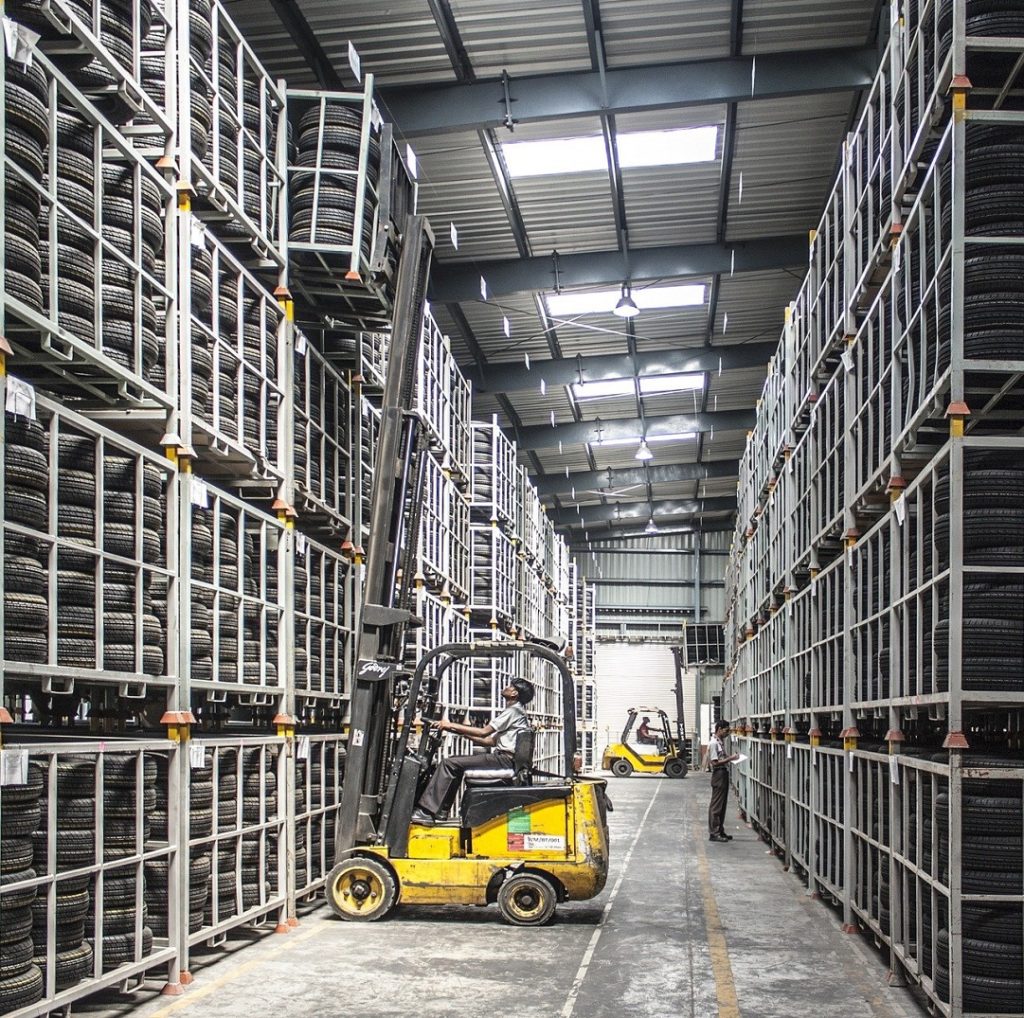
Ergonomics vs. Cost: How To Evaluate Your Material Handling Safety Needs
To determine what equipment you need to maximize material handling safety, answer these questions…
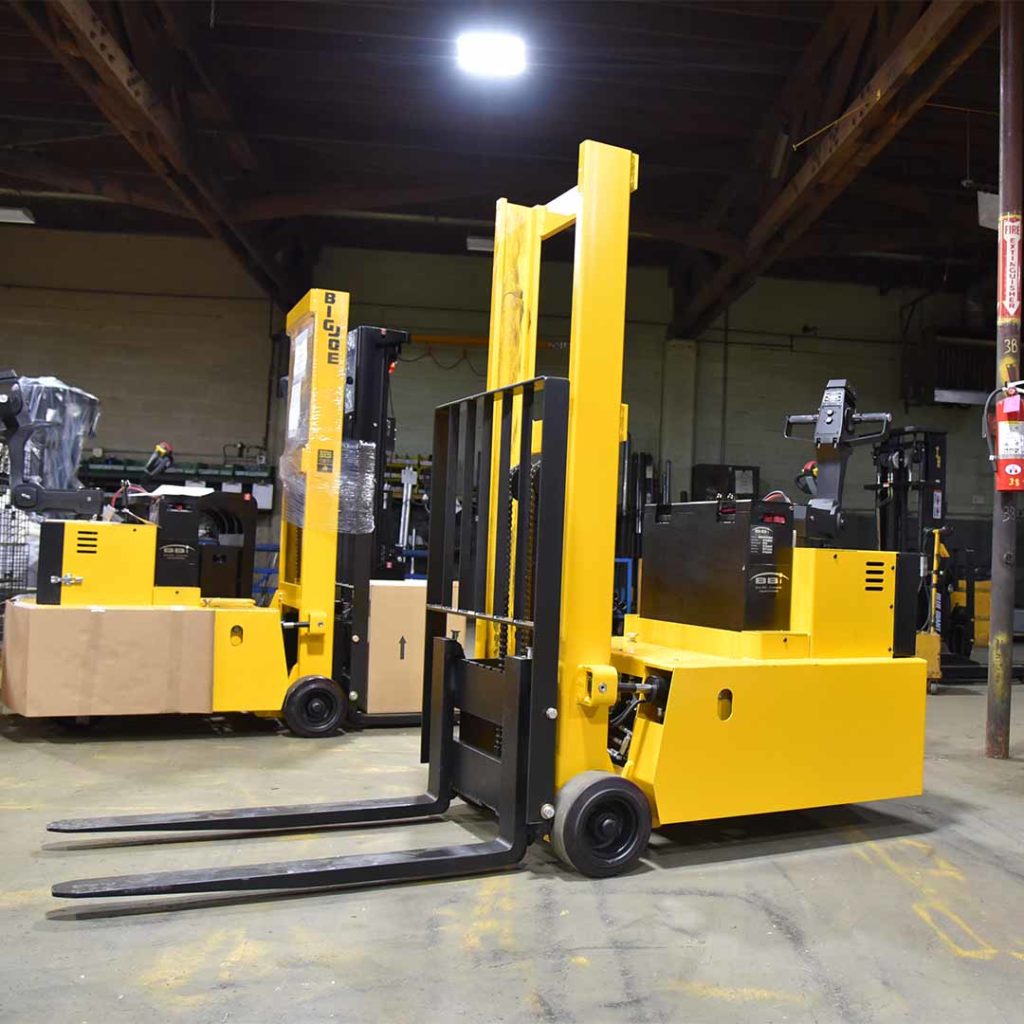
Among Forklift Companies, Big Joe Packs Decades of Expertise. Guess Who Benefits?
Few forklift companies have been in business for 53 years. Now, Big Joe leverages all that experience to help customers grow even stronger…

The Facts Are In – And They Favor Electric Forklifts
Should I go electric? We only have to look at the growing share of electric forklifts to see a majority of companies now say, “Yes, you should.”
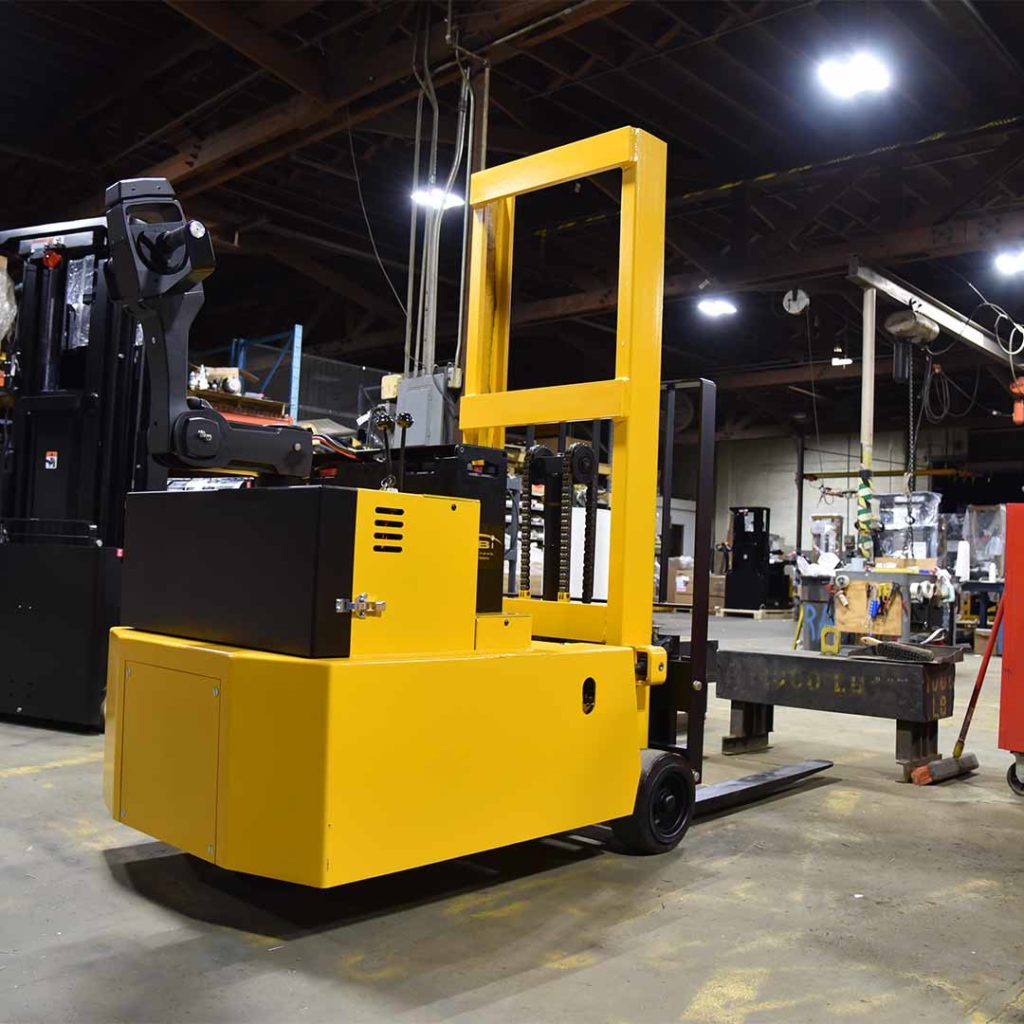
How To Find A Distributor That Offers Great Forklift Prices –
And More
Great forklift prices are just the beginning. Look for these 4 features to find a distributor who can deliver the whole package…
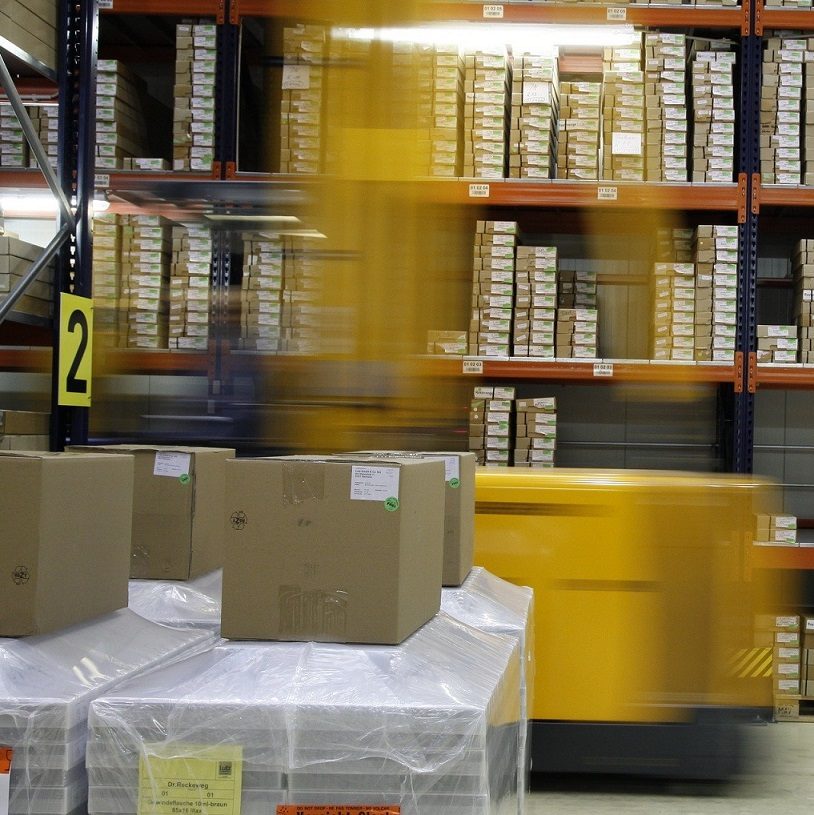
Four Pieces of Material Handling Equipment Every Small
Warehouse Needs
Small warehouses often do not require the same fleets seen in many distribution centers or main production plants. Deploying the right equipment can increase productivity and more…
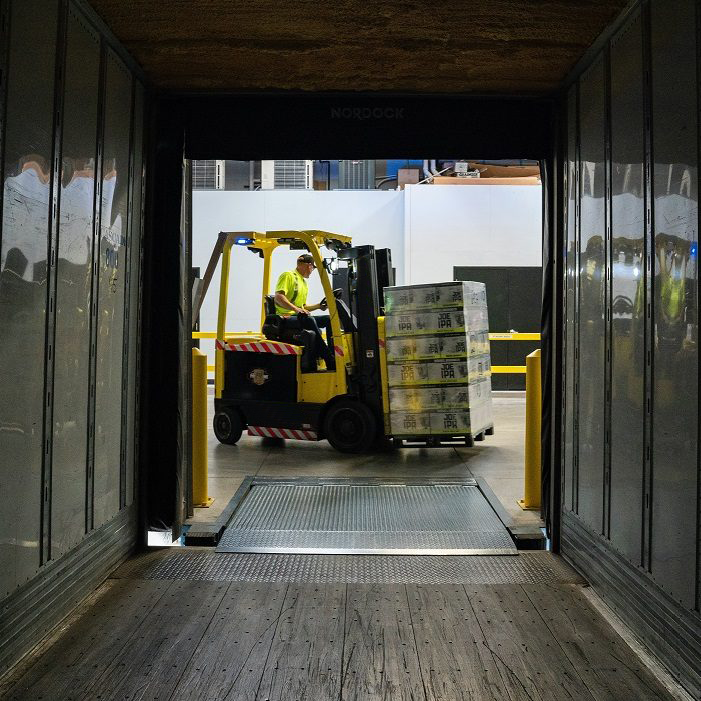
Buying or Leasing Forklifts? A Guide to Making The Right Choice
A large percentage of U.S. businesses lease a portion of their equipment. But the decision of whether to buy or lease forklift equipment is not always as straightforward as it may seem…
